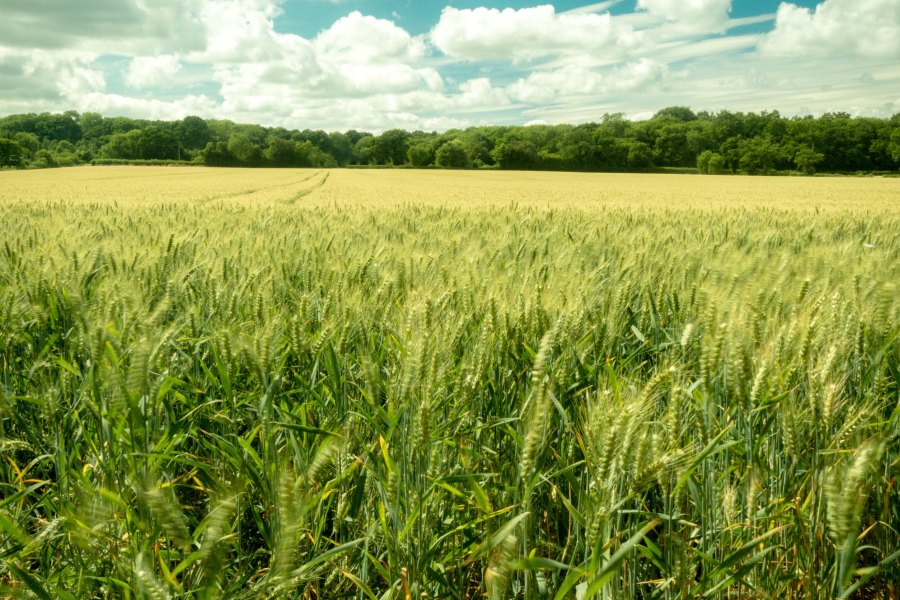
The milling industry’s use of imported wheat is not undercutting UK growers despite the view held by some farmers, UK Flour Millers has said.
The industry trade association has outlined in a new position statement why UK mills buy imported wheat and how it is assured.
In a typical year, over 80% of the wheat used by UK millers is homegrown, assured under Red Tractor Combinable Crops or the Scottish Quality Crops (SQC) scheme.
This is a historically high level of homegrown usage, UK Flour Millers says, as new baking techniques and the breeding of higher protein wheats suited to UK farms has flipped miller demand away from imported breadmaking options.
Now, imported wheats typically make up only 15 percent of UK miller demand, the trade body explains.
It says these imported high protein options provide exceptionally strong gluten to complement homegrown protein.
They also offer a high level of protein to smooth out variation in UK wheat quality and substitute for domestic wheat in seasons where the supply is poor.
Of this 15%, the majority comes from Canada - typically 10% - with approximately 5% from Germany and a small proportion from France, under 1%.
UK Flour Millers says Red Tractor and SQC standards are robust, so it is not surprised that assured farmers are keen to understand whether similar requirements apply in the imported countries of origin.
Some origins do have equivalent standards, with some even going further than the Red Tractor scheme, the association suggests.
However, some are not equivalent, and in these cases the seller must provide extensive food safety and quality test results for every 200 tonne batch of wheat, a significant cost borne by the seller.
Following the release of the position statement, UK Flour Millers technical manager, Joe Brennan said the Red Tractor crops scheme was well-understood and had excellent compliance rates.
Unlike in other countries, he said the scheme was developed with significant farmer input, ensuring it reflected real farm practice.
"If a farmer wishes to sell unassured grain to a UK flour mill they would need to provide agrochemical and mycotoxin test results for at least every 200 tonne of grain drawn from the same bulk, at their own expense.
"This is clearly a less efficient means of providing assurance and it’s no wonder that Red Tractor is well supported by processors," he said.
“Red Tractor provides assurance but it’s also a story of supply chain cooperation and market access. All UK flour milling businesses require Red Tractor or SQC crops assurance.
"We don’t see a range of different schemes applied by different milling businesses in order for farmers to supply. Millers speak from experience when they say the Red Tractor scheme is efficient and straightforward.
"It is a stark contrast to the myriad schemes millers must comply with as food businesses, in many cases to supply just one business with flour.”
He added: “Competing schemes can of course be set up, but from the milling industry perspective the standards within a new scheme must be at least as stringent as those within Red Tractor.”
